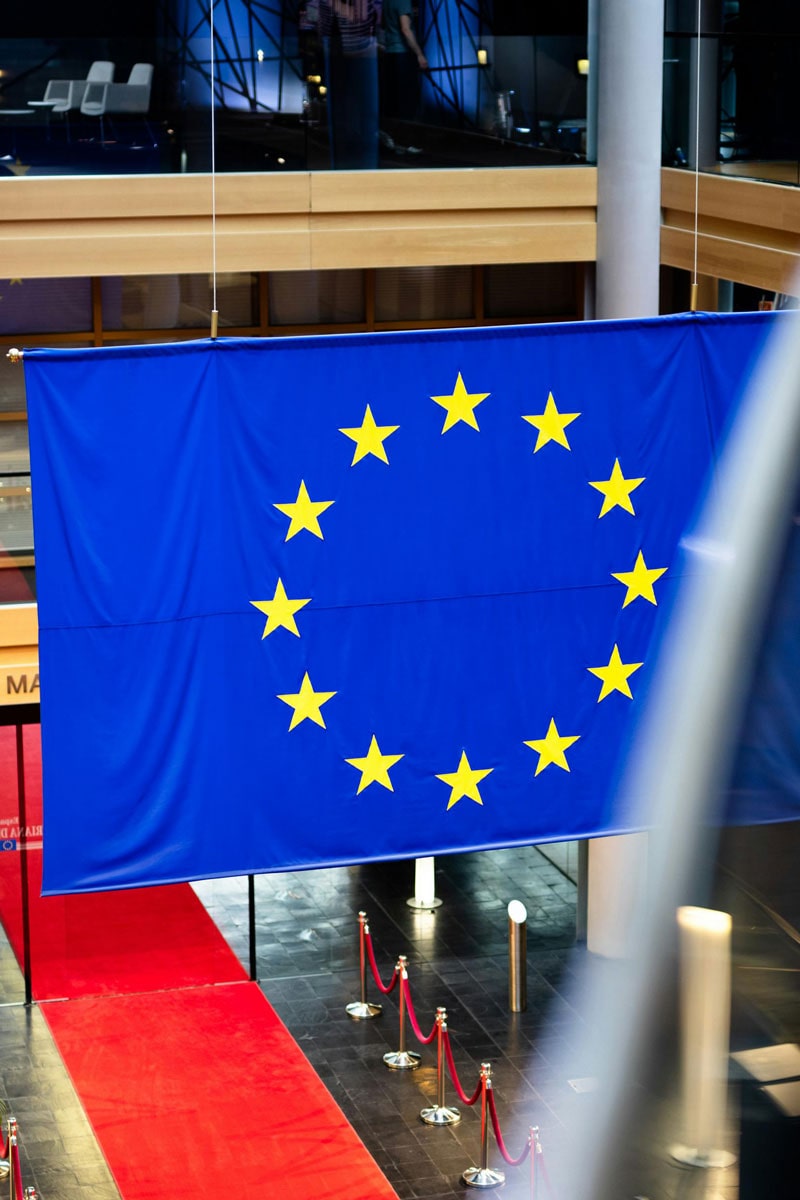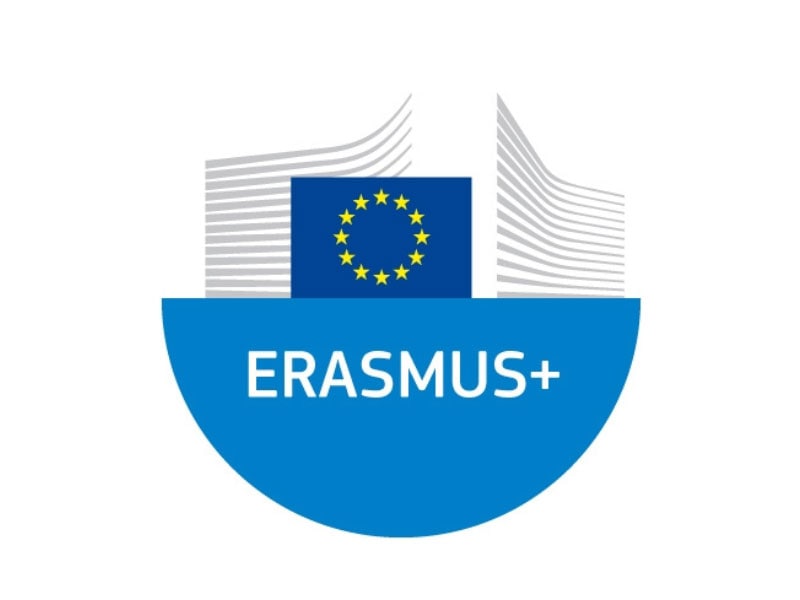Innovation for social change and environmental responsibility
Innovation and Action Centre for the Community, the Technology and the Environment
INACTE is an organization committed to harnessing innovation and technology to drive social change and foster inclusive development.
The organization is dedicated to promoting sustainable development and environmental preservation through a variety of initiatives, including capacity-building seminars, workshops, and local educational programs. By providing technical expertise and conducting research on technology and the environment, INACTE aims to create tangible social and environmental actions that enable communities to act, innovate, and transform their social realities for the better.
In order to support its aims INACTE conducts research and studies, implements programmes, organizes conferences, awareness-rising events and other activities for local development and the community. INACTE has developed a wide network of stakeholders across Europe and abroad such as companies, civil society organizations, public bodies, universities, research centers, municipalities and regional organizations, which can help to enhance its purpose.
EU Projects: Driving Innovation, Growth, and Social Change
EU-funded projects are at the forefront of addressing the continent’s diverse challenges, fostering cross-border cooperation, and creating impactful solutions.
These projects span multiple sectors, each with its own set of calls and areas of focus. From research and education to social inclusion and sustainability, the EU supports initiatives that drive innovation and social transformation.
Below is a detailed overview of some of the most prominent EU programs:


Horizon Europe: Advancing Research and Innovation
Horizon Europe is the EU’s flagship funding program for research and innovation, with a broad scope that tackles major global and societal challenges. The program is divided into several pillars, each focusing on different areas of impact:
Excellent Science
This pillar supports fundamental and applied research, offering grants for researchers to push the boundaries of scientific knowledge in fields like health, quantum technologies, and space exploration.
Global Challenges and European Industrial Competitiveness
Projects in this area address key challenges like climate change, sustainable energy, health, and digital transformation. The program supports the creation of solutions that have real-world applications and promote Europe’s industrial leadership.
Innovative Europe
Focuses on boosting innovation, entrepreneurship, and scaling up breakthrough technologies. This pillar is critical for transforming scientific discoveries into commercially viable products and services.
Widening Participation and Strengthening the European Research Area
This component ensures that all EU countries, including those with less-developed research sectors, have equal access to funding and collaboration opportunities.
Erasmus+ Empowering People through Education, Training, and Youth
Erasmus+ is a well-known program that supports education and training, youth mobility, and international cooperation. It has a wide range of calls and areas of focus:
- Higher Education: Provides opportunities for universities and institutions to collaborate on joint degrees, student exchanges, and capacity-building projects aimed at improving higher education systems.
- Vocational Education and Training (VET): Aimed at enhancing the quality of vocational training programs across Europe, this area supports mobility for students and apprentices, as well as partnerships between educational institutions and businesses.
- Youth and Non-Formal Learning: Encourages youth exchanges, volunteering, and the development of youth organizations. It helps young people gain valuable skills and fosters social inclusion.
- Sport: Supports collaborative projects to promote sports activities and foster social inclusion through sport, particularly for marginalized groups.
- Jean Monnet Activities: These initiatives aim to promote European integration and understanding through higher education, fostering knowledge of EU policies and values.


